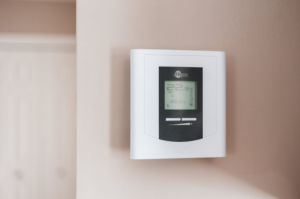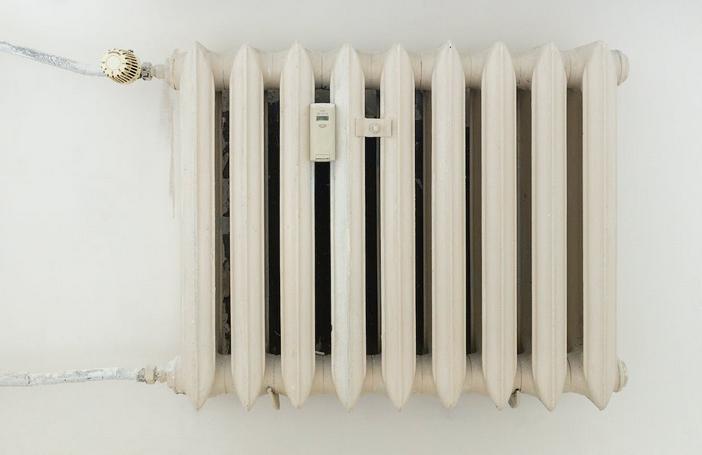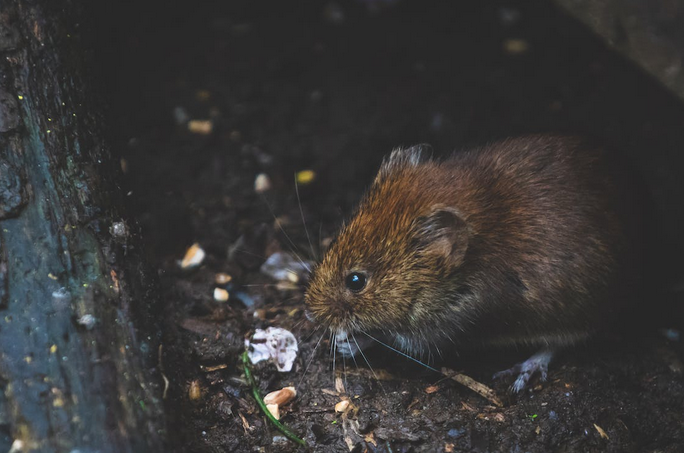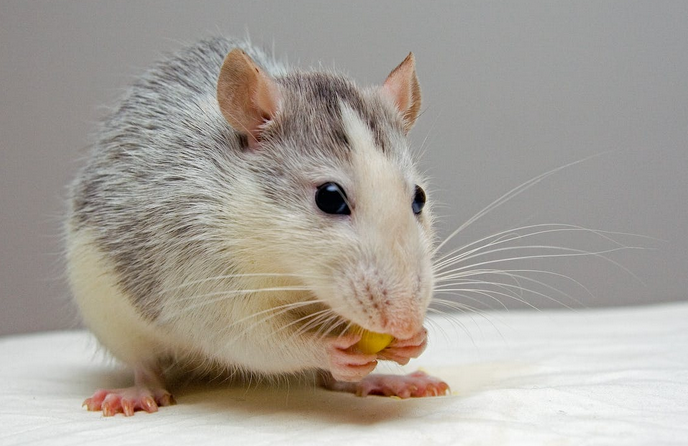Is it blowing cold air or not turning on at all? Or do you think something’s wrong with your heat pump? Don’t worry; you’re not alone. Heat pumps are complex machines that can encounter various faults over time. Sure, you can give professionals from Heat Pump Repair a call.
But there are always explanations on why and how it’s not working as it should be. Even you might find solutions to fix it yourself. And that’s what we’re here for. Today, we’ll shed some light on the most common heat pump faults and their possible solutions to support you in getting your system back up to normal and running again.
The Heat Pump Is Blowing Cold Air

When switched on, it should provide heat. But things can happen, and your heat pump can always blow cold air. If it’s happening, there are several reasons for it. One issue that could cause cold air to blow is a dirty or clogged filter. A dirty filter restricts airflow, causing the system to work harder than necessary and preventing warm air from circulating properly. Fixing this is quite simple: clean or replace the filter.
But the culprit can also be a malfunctioning thermostat. If the setting on your thermostat is incorrect or if it’s not communicating with your heat pump effectively, then you may experience cold air blowing through your vents. Check for any loose wiring connections and verify that your thermostat settings are accurate.
The Reverse Valve Is Malfunctioning
If it seems to be blowing nothing, it could be a sign of a malfunctioning reverse valve. The reverse valve is responsible for reversing the flow of refrigerant in your heat pump system. When it’s not working properly, the heat pump won’t be able to switch from heating to cooling mode.
One common cause of a malfunctioning reverse valve is a faulty solenoid coil. It’s also due to low refrigerant levels in your system. If there isn’t enough refrigerant flowing through the system, it can affect how well the reverse valve operates and lead to problems like blowing cold air.
The Heat Pump Won’t Stop Running
 Another common problem with the heat pump is if you see it keeps running, despite the weather. It can be a severe problem because it not only wastes energy but also puts extra wear and tear on your equipment. If your heat pump is running constantly, the thermostat might be malfunctioning. Replacing it can do wonders to fix the issue.
Another common problem with the heat pump is if you see it keeps running, despite the weather. It can be a severe problem because it not only wastes energy but also puts extra wear and tear on your equipment. If your heat pump is running constantly, the thermostat might be malfunctioning. Replacing it can do wonders to fix the issue.
But if this doesn’t fix the problem, see if there’s an issue with your refrigerant levels or compressor. When these components start to fail, they can trigger your heat pump to run non-stop as well.
The Heat Pump Won’t Turn On at All
Okay, having a heat pump that won’t stop running is already a bad thing, leaving you with such a huge utility bill at the end of the month. But what if it won’t turn on at all? From simple electrical problems to more complex mechanical failures, the culprits vary. But it’s good to replace the batteries. If this doesn’t work, make sure the circuits are working properly and that there isn’t an issue with your home’s power supply. If these basic troubleshooting steps don’t solve the issue, calling in a professional technician is necessary to diagnose and repair the issue.
A heat pump is an essential appliance in every home. However, it can experience some faults that may hinder its optimal functionality. It’s crucial to have basic knowledge of common heat pump problems and their solutions to avoid costly repairs or replacements.…



 Cats are predators of rodents and can be great for keeping them away. If you have access to a friendly cat, consider adopting one or bringing it into your home occasionally as pest control. You should also ensure that your cat has plenty of food and water to stay healthy and active.
Cats are predators of rodents and can be great for keeping them away. If you have access to a friendly cat, consider adopting one or bringing it into your home occasionally as pest control. You should also ensure that your cat has plenty of food and water to stay healthy and active.